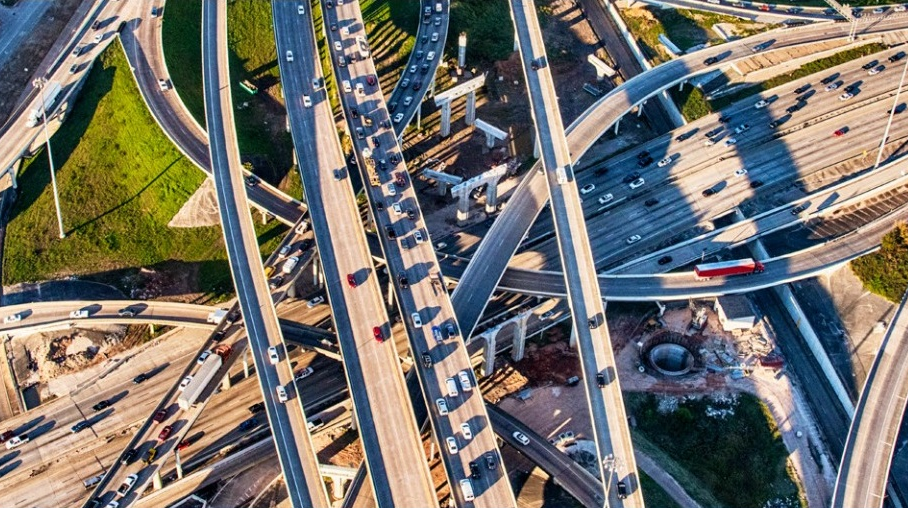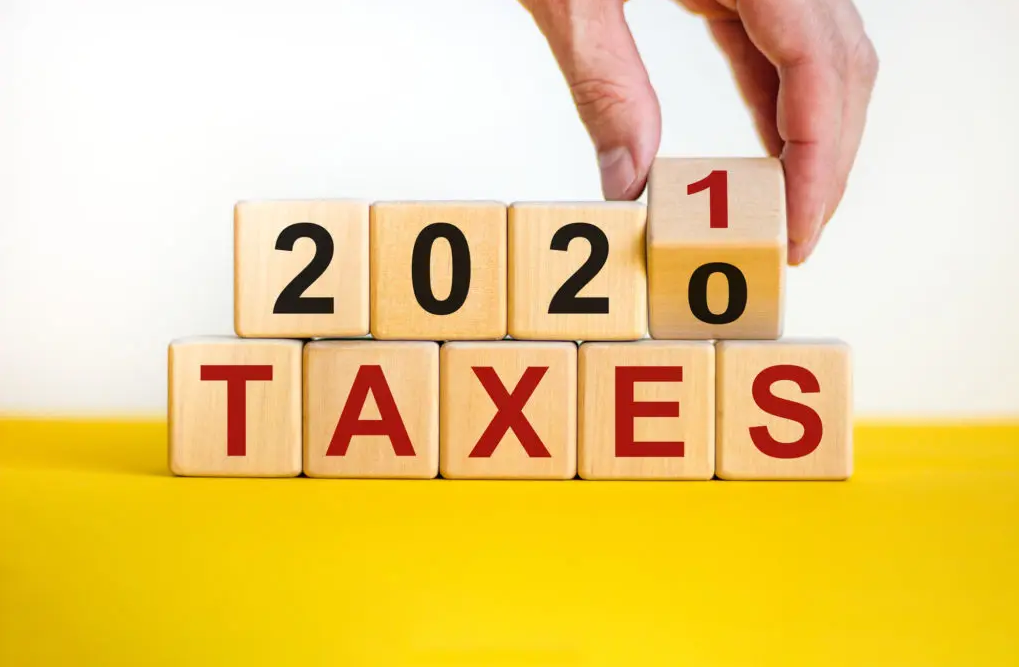
The reason some transportation experts favor moving away from a gasoline tax and to a VMT system involves the changing nature of what Americans drive. Congress has instead preferred to “in a rather low-key way just state pilots,” he said, referring to a grant program established by Congress in 2015 that funds VMT pilots in some states. Poole said VMT hasn’t been politically feasible because of the same dynamics that have made raising the federal gas tax a third-rail issue: lack of political will. “There’s a joke among us that this is sort of like nuclear fusion - it’s been 10 years away for a long time and it’s going to be 10 years away for a much longer time,” he said. In a recent interview with POLITICO, Poole gave his latest estimate: 10 years away. In 2015, Bob Poole, the director of transportation policy at the conservative think tank Reason Foundation, told a House committee that a federal VMT system was 10 years away from viability. In fact, it’s been estimated as a decade away for some time, in part because while several states have had individual pilot programs running for years, there’s been little focus on nationwide implementation. “This isn’t something you can turn on overnight - you’ve got a 12- to 15-year lag, so the longer we wait to start implementing this, it’s going to be even longer before we can start getting revenue from it,” said Rob Atkinson, president of Information Technology and Innovation Foundation, a science and technology think tank, who chaired a 2009 panel that studied funding options for infrastructure. Lauren Boebert (Colo.), who called the provision a “tax on rural America, imposed by DC beltway liberals.”Īnd that’s part of why many who study transportation say it’s at least a decade away from being a viable option, though the national pilot is a step toward narrowing that window. Indeed, even the infrastructure bill’s modest step quickly drew a culture war arrow from Republican Rep.

But it also comes with serious baggage, chiefly concerns about privacy, government tracking and impacts to rural Americans that are difficult to overcome. But infrastructure needs continue to climb, and increasingly lawmakers have decided to make up the gap with deficit spending.Ī per-mile fee has the major advantage that it could capture every vehicle’s road usage, even those that don’t use fossil fuels. Paid at the pump, the federal gas tax - which has not been raised since 1993 - has been steadily losing ground as vehicles become more fuel efficient.

It’s an acknowledgment that despite concerns about privacy, a “Vehicle Miles Traveled” fee could be the most logical successor to the current gasoline tax, which fuels part of the nation’s transportation spending.


 0 kommentar(er)
0 kommentar(er)
